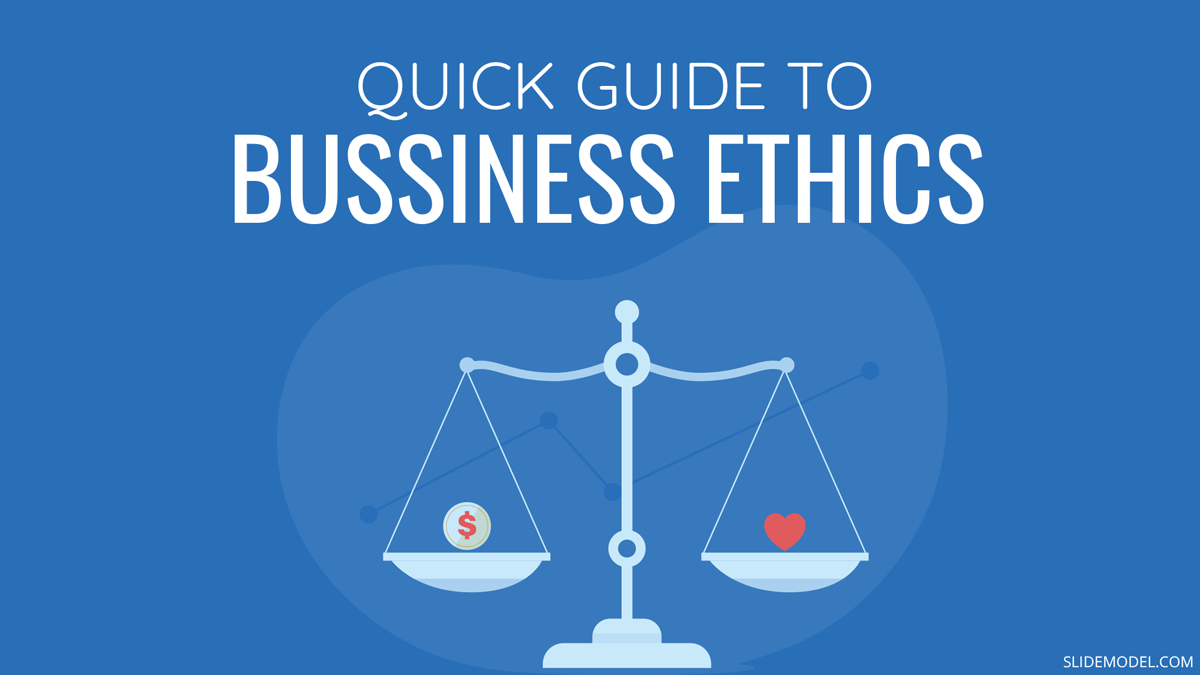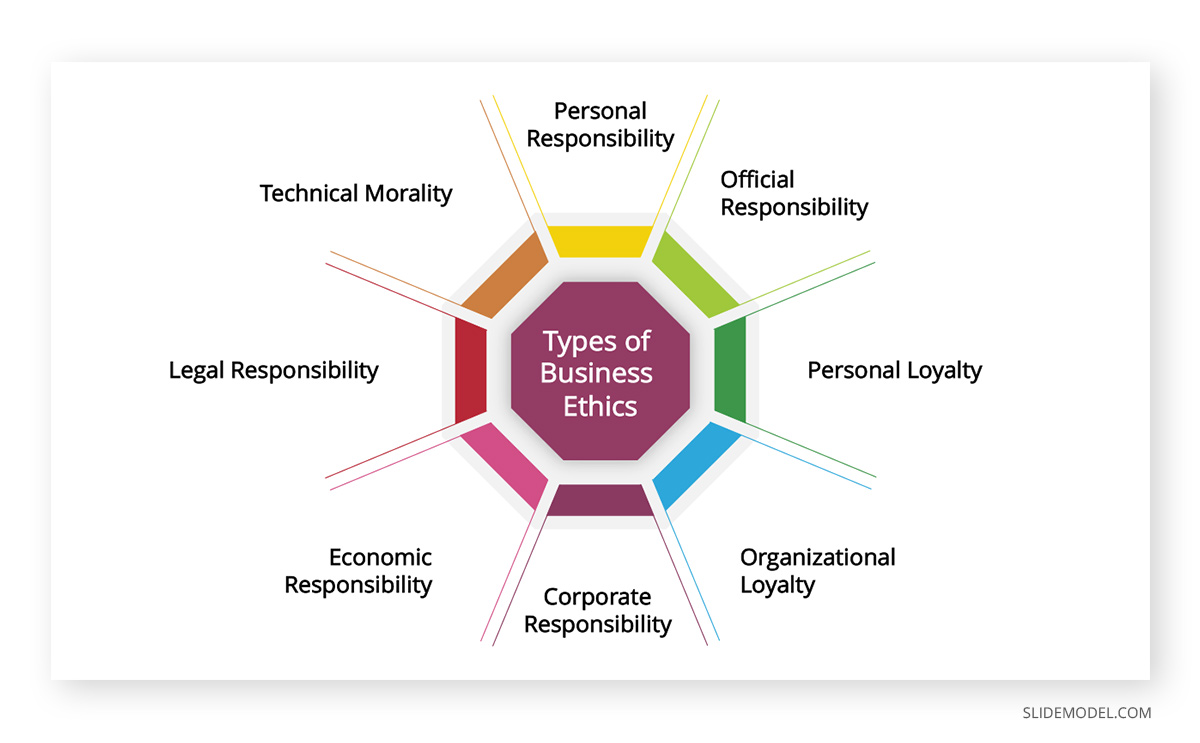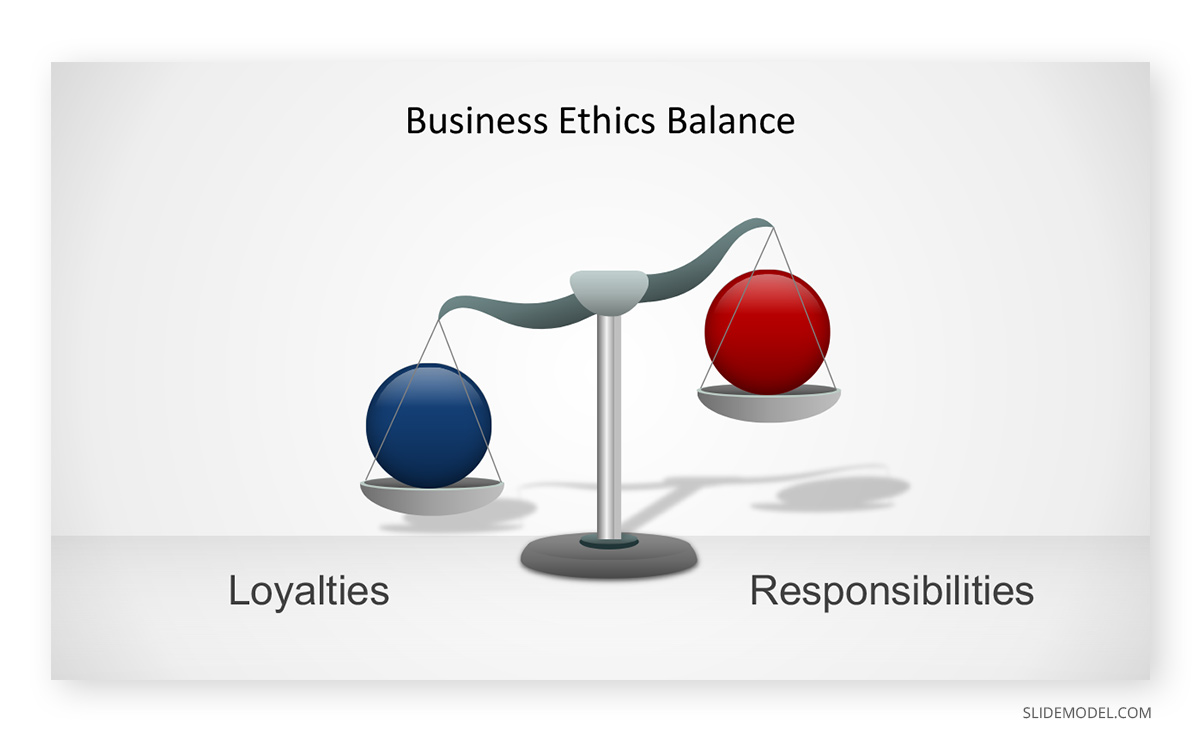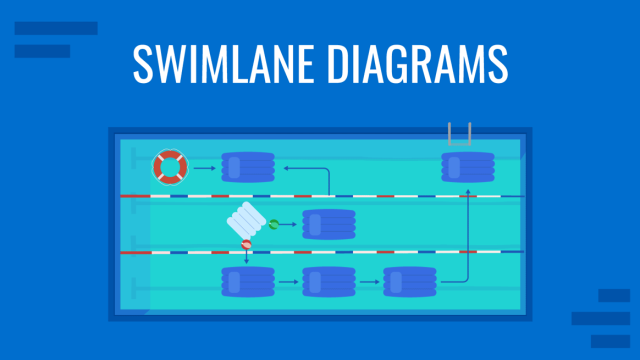
Have you ever bought a product and felt that it did not live up to the standards advertised? Did you feel cheated? In such a case, one of the first thoughts which might have crossed your mind would have been that the business is ‘unethical’. Business ethics is a vast topic that is difficult to encapsulate in just a few key terms or a short paragraph. Often, what is deemed unethical by the consumer might not be seen the same way by the business. Our quick guide on business ethics is meant to cover these dilemmas, and the role business ethics can play in the success of a business.
Definition of Ethics
Before we explore business ethics, let’s examine a few standard definitions of ‘ethics.
“The discipline dealing with what is good and bad and with moral duty and obligation.” – Merriam-Webster’s Collegiate Dictionary
“A system of accepted beliefs that control behavior, especially such a system based on morals” – Cambridge Dictionary.
“That branch of philosophy dealing with values relating to human conduct, concerning the rightness and wrongness of certain actions and the goodness and badness of the motives and ends of such actions” – Dictionary.com
What is Business Ethics?
Business ethics are the principles that are deemed necessary for fair business practices. These principles in terms of business ethics apply to both companies and individuals. Business ethics address a variety of concerns that affect the internal organizational culture and external dealings associated with a business. It includes how a company deals with its employees, vendors and consumers, government, watchdogs, shareholders, and other pressure groups. Also, it might affect how the company presents itself, including branding, advertising, and even the contents in their PowerPoint presentations.
Types of Business Ethics
Since business ethics is a vast and complex topic, there have been various categories by which it has been addressed and summarized over the years. A few of the generally recognized types of business ethics are mentioned below.
1. Personal Responsibility
This refers to an individual’s responsibility towards following ethical behavior. A business executive who follows ethical standards in his dealings is also likely to discharge his duties with acceptable moral principles. This might include performing duties diligently, not violating the law, being honest, etc. Every individual has certain beliefs which shape their personality. Personal responsibility is the responsibility of individuals to follow ethical standards. While these might differ from culture to culture, specific measures are arguably universal, such as honesty, integrity, obeying the law, etc.
2. Official Responsibilities
When representing a business, the individual must uphold its core values and set standards defined by it. For example, many companies claim to be equal opportunity organizations that do not discriminate based on race, gender, religion, or sexual orientation when hiring employees. Anyone in a position of power discriminating against someone would not only be acting in an unethical manner in an individual capacity, but this would also go against the organization’s core values.
If you’re preparing a business ethics PPT, including case studies about official responsibilities can help illustrate the importance of adhering to ethical standards within an organization.
Official responsibility entails that the individual follows the set norms deemed necessary to dispense duties properly. Corporate culture often has a significant influence in shaping the official assignments of employees.
3. Personal Loyalties
Personal loyalties can occur between subordinates and senior officials. A senior official might overlook a subordinate’s mistake due to some sense of commitment, or the subordinate might not report an issue caused due to the manager’s fault.
4. Organizational Loyalties
Some people have a deep sense of loyalty towards an organization. They might even neglect their self-interest and well-being for the organization due to a sense of organizational commitment. For example, many people allow their health to suffer in the hope that they can propel a new initiative in the organization’s best interest through their hard work.
5. Corporate Responsibilities
Since corporations are separate legal entities, people who run them are obliged to follow specific responsibilities. These might be internal or external. Under their corporate social responsibility initiatives, many organizations try to reduce pollution or reduce the negative externalities created by the business. A business ethics presentation might highlight how corporations align their practices with broader societal goals through these initiatives. Similarly, organizations might be required to test products using set standards to ensure they are safe for consumers and recall ones that might be identified as faulty or dangerous.
6. Economic Responsibilities
If you have studied economics, you would have come across the concept of opportunity cost, i.e., the next best alternative is forgone. As wants are unlimited and resources are limited, one must efficiently use resources to their optimum potential. This can also be described as an economic responsibility for a business. Since the efficient use of resources is necessary for sustaining resources for the future. Companies that aim to deplete resources for maximizing their gains, for this reason, are often seen as unethical.
7. Legal Responsibilities
Every company and individual is governed by law. Overstepping or violating legal responsibilities is deemed unethical. Many businesses cannot operate without adhering to specific legal standards, which act as a prerequisite for doing business. However, other legal responsibilities can be harder to identify and impose in companies. Getting caught violating the law can land a business or executive in serious trouble.
8. Technical Morality
There are specific technical standards that businesses are expected to adhere to produce goods and services. Compromising on these would be deemed unethical. These standards are set by competent bodies to ensure that products are safe and made according to standards considered necessary.

Ethics in Remote Work
While ethics in remote work is probably not yet classified as a set standard in business ethics, it is likely to gain traction as a subject in the wake of the Novel Coronavirus pandemic. Ethics in remote work can be many. If you’re working from home but not dispensing your duties properly or muting your remote meeting tools & apps as you do something else during meetings, you can be deemed to be doing something unethical. Similarly, the behavior of businesses can be scrutinized the same way towards their employees, customers, vendors, etc.
Recently, many businesses have delayed people shopping online, providing misleading delivery claims that they could not deliver due to lockdowns. Many customers, especially ones who had paid in advance via digital mediums, have been upset with such business practices, calling the businesses unethical for their misleading claims of delivering goods on time.
Covid-19 is likely to cause several issues associated with remote work and business ethics. Many businesses offering remote meeting tools are already under the radar related to how they use user data, what channels are used to route it, and how secure the connection is. Businesses lying about data security or routing it through unsafe channels, such as nations deemed hostile towards particular business interests, can raise serious concerns about business ethics.
Examples of Ethical Behavior by Businesses
Now that we have discussed ethical behavior by businesses, let’s look at some examples of ethical conduct.
Prioritizing Consumer Needs
A business might prioritize consumer needs by adhering to the best quality standards to ensure that consumers benefit from the product. This is contrary to a mere profit-maximizing approach by flouting quality standards to save costs.
In the wake of Covid-19, many people tried to hoard sanitizers to sell them on Amazon. The company soon clamped down on hoarders and blocked their accounts based on the price hikes in sanitizers sold by hoarders online. This resulted in people left with mountains of sanitizers, with nowhere to sell them. Some of them even had to offer them to people for free due to community backlash. In this case, we can argue that Amazon prioritized consumer needs by discouraging hoarders instead of prioritizing company profit.
You might also want to see our article on this topic about customer-centric organizations.
Respecting Customer Privacy
In recent years Facebook has been hit by several scandals related to breach of user privacy and security. One of the most famous cases was the revelation that Cambridge Analytica had been harvesting Facebook data for political advertising. This data was mined without user consent. Unfortunately, there are very few places where customer privacy can be deemed to be genuinely ‘private’. One example is the search engine called DuckDuckGo, which ensures users’ privacy by blocking trackers to help people search free of privacy concerns.
Transparency
Some businesses offer a trip to their production of products to consumers to see how products are produced by adhering to quality standards. Similarly, many companies make some parts of their financial reports and data public to ensure they are dealing ethically. While transparency can often be questioned when it comes to corporate interest, it can be a powerful mechanism of generating a positive corporate image in the eyes of consumers.
Many businesses are also known to be transparent towards their employees to gain employee trust and build a better relationship between employees and the industry. One example is the marketing company HubSpot, which is known to be transparent in sharing financial data and strategies with their employees.
Ethical Dilemmas Businesses Have to Deal With
Business ethics can be hard to determine in the wake of conflicting interests. Your loyalty towards a business might not be deemed ethical if you cover up malpractice that violates a legal responsibility.
Employees can have a strong sense of personal loyalty towards a business and might even cover up malpractices or refuse to cooperate with law enforcement officials to disclose details of such a practice. This raises the question if personal loyalty can always be deemed ‘ethical’. Since business ethics can be a slippery slope, some employees might have even signed a confidentiality agreement not to disclose business-related information without the organization’s consent. Is it ethical to inform an unethical practice, or is it ethical to uphold the non-disclosure agreement?
Some countries have a requirement to use airbags in cars, but there are no such legal restrictions in less developed countries. Adding air bags and improving the safety of vehicles might mean that the car price might increase to the extent that people might opt for cheaper, less safe cars due to their low incomes. If a car manufacturer reduces quality, would it be deemed unethical? While this might be the case, the alternative is going out of business.
There are moral dilemmas associated with ethics, personal beliefs, laws, or the lack of them, which can often mean that the business has to deal with stark choices, with very few or no good alternatives. Adhering to one form of what might be deemed ethical might violate another category of business ethics.

Final Words
Business ethics can be considered relative. They can be differently viewed across various cultures, countries, and international agreements governing businesses. Following behavior deemed ethical by a company has often been associated with a conflict of profit maximization or even the survival of a business. Competitors might be following the same type of practices deemed unethical to survive in an environment with loose regulations or widespread corruption.
Samsung heir Lee Jae-Yong had to face charges as he tried to bribe his way to gain control of his family business. He eventually admitted to unethical business practices and had to face legal repercussions for his decision. Many such examples of companies suffer a backlash for practices they thought they could get away with. HSBC had to face significant penalties and reduce its footprint on charges of involvement in money laundering.
Many businesses also engage in rent-seeking to bribe government officials or gain undue favors by acting as a cartel to pressure the government. Japanese car manufacturers like Suzuki and Toyota in South Asia have long been accused of this practice. They are now suffering from multiple challenges, including low car sales due to an unfavorable exchange rate hiking prices beyond the purchasing power of consumers, competition from imported reconditioned cars, and Chinese car manufacturers. The latter provides consumers with safer and better quality cars at reduced prices, which Japanese car companies are finding hard to cope with after decades of selling inferior quality cars at extravagant prices.
Business ethics can help build consumer and employee trust and enable businesses to grow. While following practices which might cheat employees, consumers, or authorities might work for a while, they are likely to hit hard eventually—resulting in loss of revenue, consumer/employee trust, and a bad reputation.



